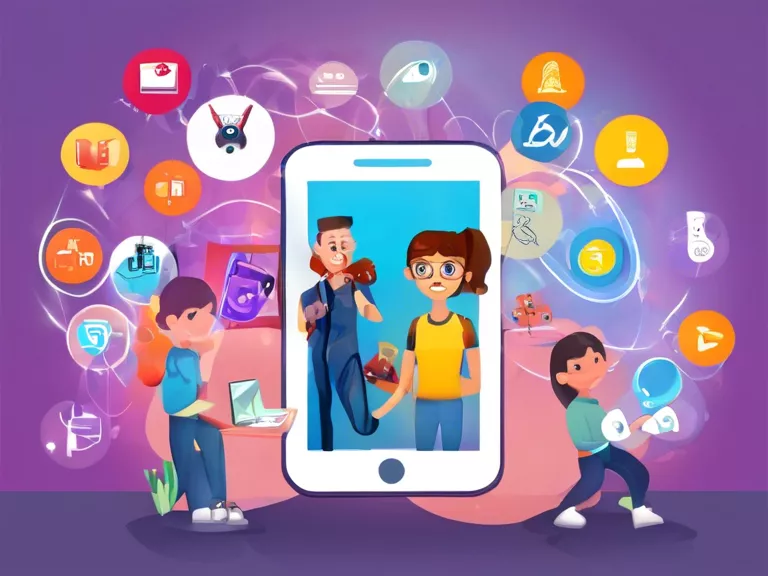
The rise of mobile apps in recent years has completely transformed the freelance and gig economy, providing opportunities for individuals to work flexibly and on-demand. These apps have made it easier than ever for freelancers to find work, connect with clients, and manage their projects efficiently. From ride-sharing platforms to freelance marketplaces, mobile apps have revolutionized the way we work and earn a living.
One of the biggest advantages of mobile apps in the freelance and gig economy is the accessibility they provide. With a smartphone and an internet connection, freelancers can access a wide range of job opportunities from anywhere in the world. This level of flexibility allows individuals to work on multiple projects simultaneously, increasing their earning potential and diversifying their skill set.
Mobile apps also streamline the hiring process for both freelancers and clients. Freelancers can create profiles showcasing their skills and experience, making it easier for clients to find the right candidate for their projects. Clients can post job listings, review proposals, and communicate with freelancers—all within the app. This level of convenience has significantly reduced the time and effort required to find and hire freelancers, making the process much more efficient for both parties.
Additionally, mobile apps in the freelance and gig economy often come equipped with features that simplify project management and communication. Freelancers can track their time, send invoices, and receive payments directly through the app. Clients can provide feedback, set deadlines, and monitor the progress of their projects in real-time. These tools help freelancers and clients stay organized and ensure that projects are completed successfully and on time.
Overall, mobile apps have had a profound impact on the freelance and gig economy, making it easier for individuals to find work, connect with clients, and manage their projects effectively. As technology continues to evolve, we can expect even greater advancements in the way freelancers work and interact with clients in the future.



